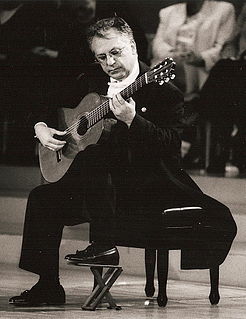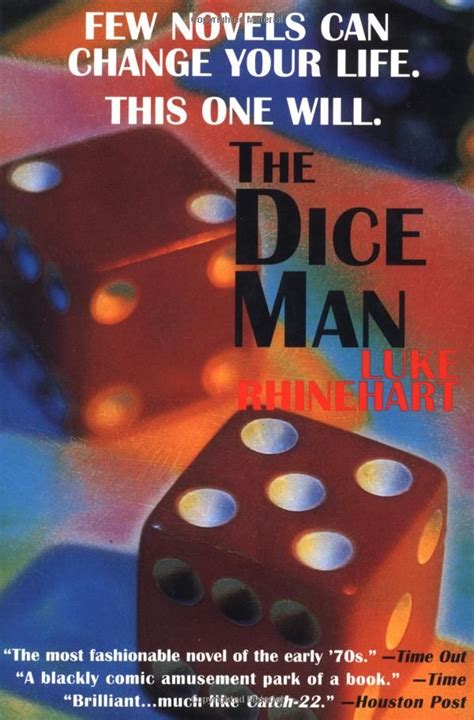A Quote by Sri Nisargadatta Maharaj
Playing with various approaches may be due to resistance to going within, to the fear of having to abandon the illusion of being something or somebody in particular.Of all the affections the love of oneself comes first. Light and love are impersonal.When you do not think yourself to be this or that, all conflict ceases. Any attempt to do something about your problems is bound to fail, for what is caused by desire can be undone only in freedom from desire. You cannot be rid of problems without abandoning illusions.
Quote Topics
Abandon
Abandoning
About
And Love
Any
Approaches
Attempt
Being
Bound
Cannot
Caused
Ceases
Conflict
Desire
Due
Fail
Fear
First
Freedom
Freedom From
Going
Having
Illusion
Illusions
Impersonal
Light
Light And Love
Love
May
Oneself
Only
Particular
Playing
Problems
Resistance
Rid
Somebody
Something
Think
Undone
Various
Within
Without
Your
Yourself
Related Quotes
Most people's lives are run by desire and fear. Desire is the need to add something to yourself in order to be yourself more fully. All fear is the fear of losing something and thereby becoming diminished and being less. These two movements obscure the fact that Being cannot be given or taken away. Being in its fullness is already within you, Now.
Why do we focus so intensely on our problems? What draws us to them? Why are they so attractive? They have the magnet power of love: somehow we desire our problems; we are in love with them much as we want to get rid of them . . . Problems sustain us -- maybe that's why they don't go away. What would a life be without them? Completely tranquilized and loveless . . . There is a secret love hiding in each problem
The fact that only humans above a certain age can be morally virtuous, rather than babies or cats, means that that being moral requires some cognitive ability. If virtue is about desires, it is worth remembering that you can't desire some things without being able to conceive of them. Suppose a virtuous person will desire to make people happy and desire to tell the truth. You can't desire to make people happy without having the concept "happy" and you can't desire to be truthful if you don't have have the concept "lie", so a cat or a baby cannot desire these things.
What is required is the finding of that Immovable Point within one's self, which is not shaken by any of those tempests which the Buddhists call 'the eight karmic winds': 1-fear of pain, 2-desire for pleasure; 3-fear of loss; 4-desire for gain; 5-fear of blame, 6-desire for praise; 7-fear of disgrace; [and] 8-desire for fame.
Without the power of intelligence there is no capacity for spiritual knowledge; and without spiritual knowledge we cannot have the faith from which springs that hope whereby we grasp things of the future as though they were present. Without the power of desire there is no longing, and so no love, which is the issue of longing; for the property of desire is to love something. And without the incensive power, intensifying the desire for union with what is loved, there can be no peace, for peace is truly the complete and undisturbed possession of what is desired.
If you seek reality you must set yourself free of all backgrounds, of all cultures, of all patterns of thinking and feeling. Even the idea of being man or woman, or even human should be discarded. The ocean of life contains all, not only humans. So, first of all abandon all self-identification, stop thinking of yourself as such-and-such or so-and-so, this or that. Abandon all self-concern, worry not about your welfare, material or spiritual, abandon every desire, gross or subtle, stop thinking of achievement of any kind. You are complete here and now, you need absolutely nothing.
I want to let you in on a little secret. There are no problems. There are no problems. There never were any problems, there are no problems today, and there will never be any problems. Problems just mean that the world isn't turning the way you want it to. But in truth, there are no problems. Everything is unfolding as it should. Everything is right. You have to forget about yourself and expand your consciousness until you become the whole universe. The Reality in back of the universe is Pure Awareness. It has no problems. And you are That.
The object of leadership may be stated as having a system whereby a leader recognizes what is good for the good of the government, for the good of the nation, for the good of humanity, and recognizes the qualities he has and what he can do within his own limitations. He cannot do, and should not attempt to do, the impossible, but he should not fail to attempt something that might be extremely difficult and may be possible.
Anxiety and desire are two, often conflicting, orientations to the unknown. Both are tilted toward the future. Desire implies a willingness, or a need, to engage this unknown, while anxiety suggests a fear of it. Desire takes one out of oneself, into the possibility or relationship, but it also takes one deeper into oneself. Anxiety turns one back on oneself, but only onto the self that is already known.
Pride is an established conviction of one’s own paramount worth in some particular respect, while vanity is the desire of rousing such a conviction in others, and it is generally accompanied by the secret hope of ultimately coming to the same conviction oneself. Pride works from within; it is the direct appreciation of oneself. Vanity is the desire to arrive at this appreciation indirectly, from without.






































